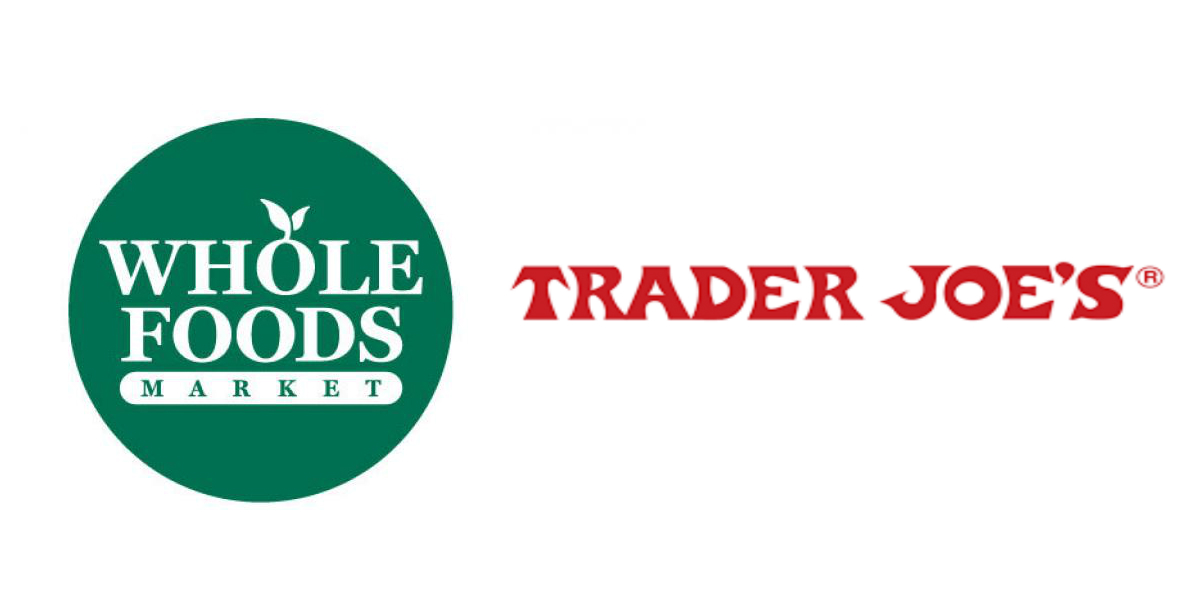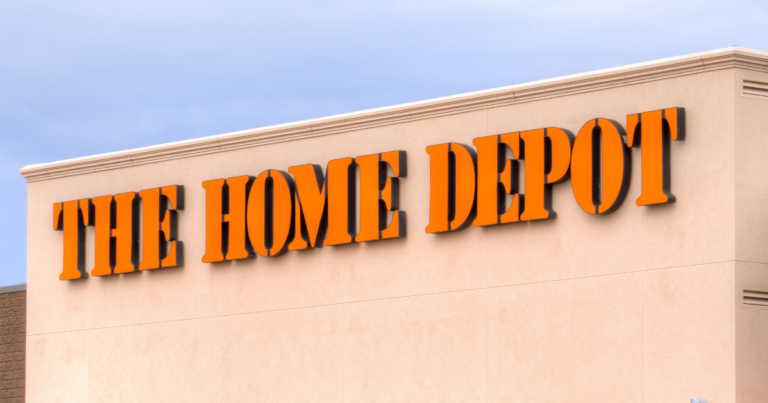By Laurie Valeriano, Toxic-Free Future, and Mike Schade, Safer Chemicals, Healthy Families
Yesterday, our new report revealed that toxic PFAS chemicals are hiding in common takeout packaging and other food contact materials at some of the nation’s largest and most popular grocery stores.
When used in food packaging, these harmful chemicals can leach out of the packaging and get into the food they contain as well as people, compost, and the environment. PFAS have been found in drinking water all around the U.S., and exposure has been linked to cancer, liver damage, and immune suppression.
Take Out Toxics: PFAS chemicals in food packaging
We found that nearly two-thirds of paper takeout containers, like those used at self-serve salad and hot bars, contained elevated levels of fluorine, indicating they were likely treated with PFAS. Eleven percent of tested bakery and deli papers, such as a bakery bag or a sandwich wrapper, were also likely treated with PFAS.
We published the report to shine a light on this hidden hazard that grocery chains must address. Just like many have worked to drive BPA out of canned foods, grocery chains should ensure that food contact materials don’t contain highly persistent and toxic PFAS chemicals.
Whole Foods takes initial action on products we sampled
Of the five retailers’ food contact materials that we evaluated, Whole Foods Markets’ materials fared worst. This is largely because, of the retailers whose products we tested, Whole Foods offers the largest variety of paper takeout containers and most of these were likely treated with PFAS.
To its credit, after we shared the results with the company, Whole Foods Market made a written commitment that we cited in our release. The company stated:
“Whole Foods Market introduced compostable containers to reduce our environmental footprint, but given new concerns about the possible presence of PFAS, we have removed all prepared foods and bakery packaging highlighted in the report.
“We’re actively working with our suppliers to find and scale new compostable packaging options.”
A step in the right direction, but more action needed
We give Whole Foods kudos for taking this notable initial action. We think this is an important step in the right direction.
However, it falls short of a full ban of all PFAS-containing food contact materials, as PFAS are likely hiding in other products and packaging found at Whole Foods and other grocery stores. Whole Foods has not publicly shared any details on what alternative material it is switching to and how the company is verifying that materials are free of PFAS and safer.
We hope Whole Foods will take the next step and be the first American grocery chain to make a public commitment to ban PFAS in all food contact materials while ensuring that substitutes are safe and disclose its timeline for doing so.
Trader Joe’s also pledges action
Bloomberg News was one of the first outlets to cover our report and Whole Foods’ commitment. Bloomberg reported that Trader Joe’s also has committed to act on PFAS, stating:
“Trader Joe’s is asking its vendors to avoid the use of Per- and polyfluoroalkyl substances (PFAS) in packaging for our products. In addition, Trader Joe’s does not have food bars or delis, so takeout food containers are typically not found in our stores.”
This is another good first step.
We thank Whole Foods and Trader Joe’s for taking these initial steps and urge them to finish the job by making public commitments with clear timelines to ban the entire class of PFAS chemicals in all food contact materials and to ensure substitutes are truly safe. We can’t keep playing the “whack-a-mole” game.
The need for leadership from grocery chains and states
This isn’t just a problem for any one grocery store. It’s an industry-wide problem, and other major chains, such as Kroger, Albertsons, and Ahold Delhaize (owner of Food Lion, Stop & Shop and others), should also take action to phase out PFAS in all food contact materials. Our report found some of their products and packaging are also likely treated with PFAS. Grocery retailers should step up to safeguard our health and “mind the store.”
At a time when we are learning more and more about the dangers of these and other chemicals like phthalates in food, federal agencies are rolling back crucial public health and environmental protections.
The good news is that Washington recently became the first state in the country to ban PFAS in food packaging. Other states should follow suit and adopt laws to restrict these chemicals in food packaging to protect all consumers from PFAS chemicals.





